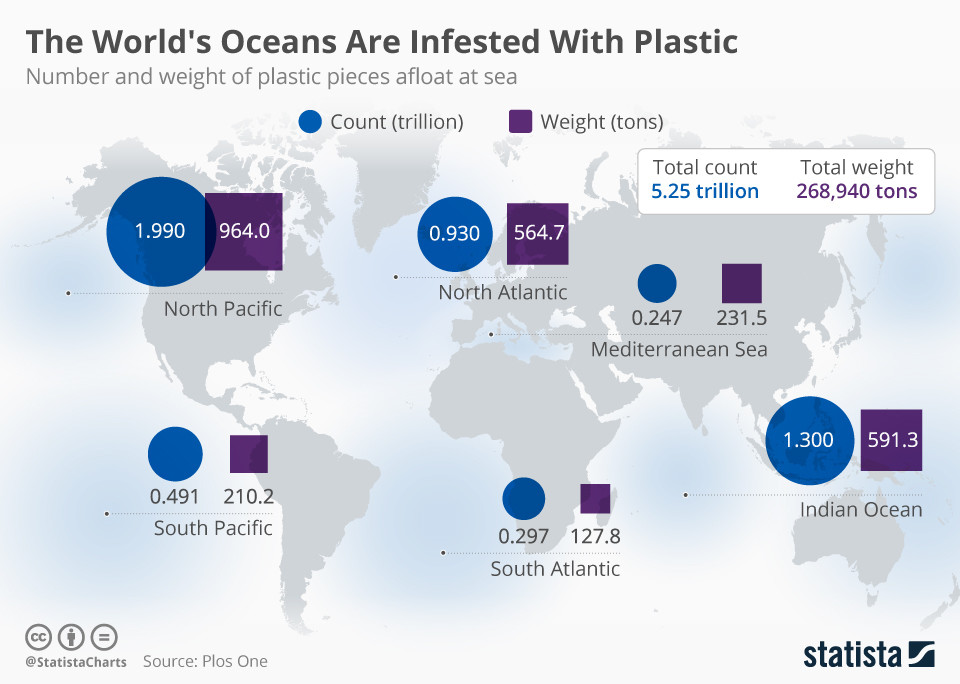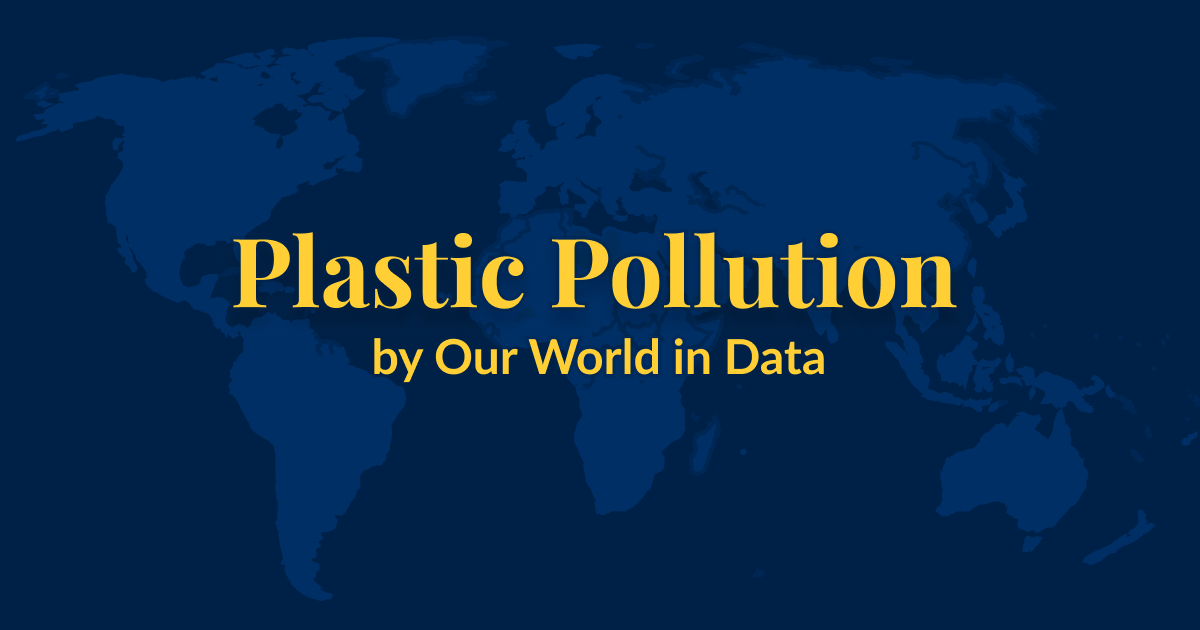Recycling programs were historically funded by sending the materials to Asian countries (mostly China) who paid for the recycled materials because the commodities had monetary value. The only reason they had value to these countries is because the recycled commodity price at resale exceeded the cost of shipping to Asia and the labor and capital costs required to process the material.
China has made the decision to subsidize and build their domestic chemical industry and essentially stopped all imports of recycled material.
So now the formerly free - or even profitable - recycling business has now become a cost to trash collection companies, and by extension, you. This is one reason why the cost of trash collection is increasing.
In fact, recycling has become so expensive, that many towns are considering ending their recycling programs.
The trash collection companies now have to charge a fee to recycle, because instead of putting material in a landfill or incinerator which is cheaper, they have to build facilities, purchase machines, and pay people to process the material and sell it for less than the cost of recycling. The difference between what they can sell the material for, and their cost is the excess fee that they are now charging you. Again, recycling used to actually
reduce disposal costs, but now it increases them.
Perversely, there is not enough recycling capacity in the country to actually recycle everything that is put in bins, so a large percentage of it is landfilled or incinerated anyway, but you still pay the recycling fee! So enjoy paying for something that you aren't receiving.
And yes, the vast majority of the trash in the ocean comes from Asian countries that intentionally dump into rivers. This is why plastic straw bans in the U.S. are not going to fix anything at all. You can go on YouTube and watch dump trucks full of trash dumping right into rivers, which is common practice.
I have been an investor in these companies as a professional for years. I know all of the executives and I know this business well. But I will also include many sources since some people will think I am making this up:
Americans are consuming more and more stuff. Now that other countries won’t take our papers and plastics, they’re ending up in the trash.

www.theatlantic.com
Public Works Superintendent Michael McManus said the city once made money off recyclables. But the recyclables market changed after China tightened and eventually blocked the importation of cheap and recyclable plastics.

www.masslive.com
The most comprehensive tracker of local recycling program changes, cancellations and solutions in the U.S. from November 2017 to November 2019.

www.wastedive.com
Covanta and Wheelabrator will also retain residential waste contracts. Both deals may be regional bellwethers of higher prices to come.

www.wastedive.com
The world has become increasingly alarmed at the amount of plastic in its oceans. But where does all this plastic waste come from?

www.weforum.org
How much plastic ends up in the ocean? Where does it come from?

ourworldindata.org
Millions of tons of plastic waste end up in our oceans every year.

science.sciencemag.org
Annual metric tons of mismanaged plastic waste and total amount ending up in global waters

www.statista.com
Key quote from this article, which is behind a paywall:
"Let's say you recycle 100 percent in all of North America and Europe," Ramani Narayan, a chemical engineer at Michigan State,
tells National Geographic. "You still would not make a dent on the plastics released into the oceans."
The miracle material has made modern life possible. But more than 40 percent of it is used just once, and it’s choking our waterways.

www.nationalgeographic.com

 weather.com
weather.com













